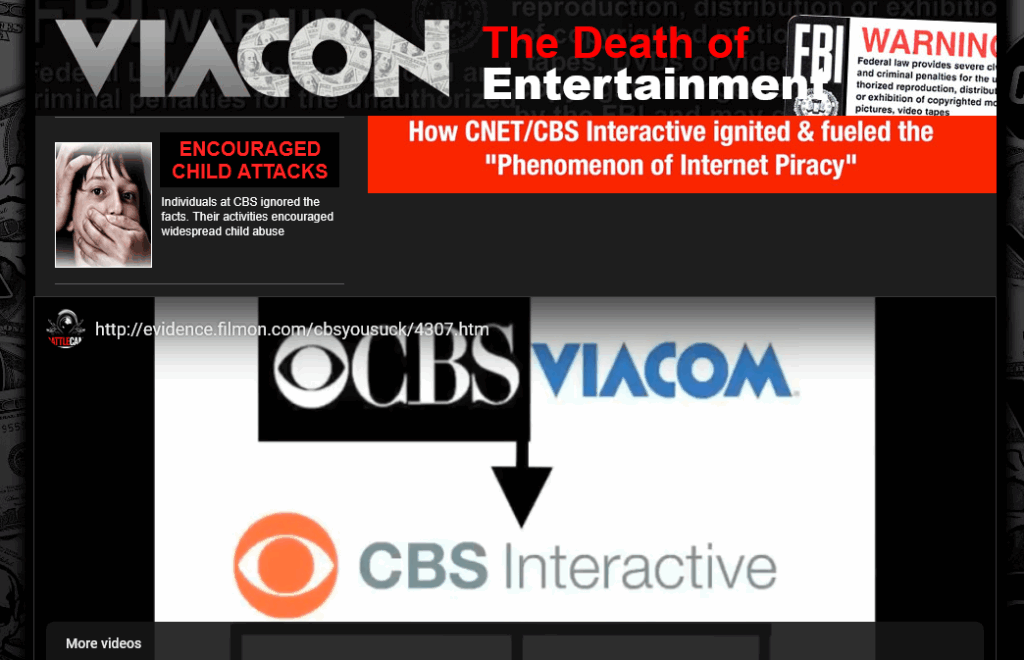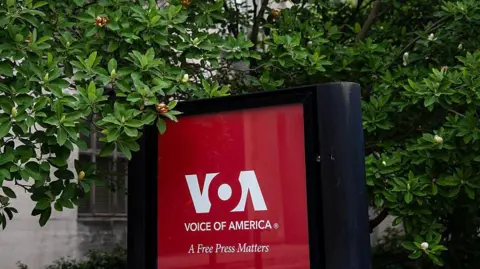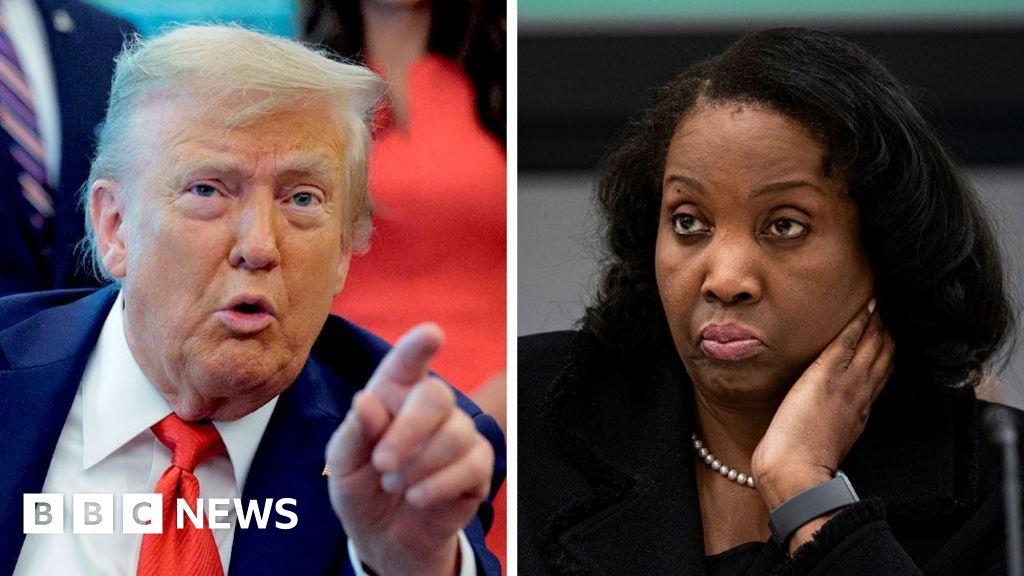The United States Federal Trade Commission (FTC) has officially filed a lawsuit against Uber Technologies Inc., accusing the ride-hailing and delivery services company of using deceptive billing practices associated with its Uber One subscription service. The FTC claims that Uber charged consumers without their consent and created overly complicated cancellation procedures that unfavorable to users.
FTC Chairman Andrew Ferguson, appointed by former President Donald Trump, emphasized the agency's commitment to protecting consumers. He noted, "The Trump-Vance FTC is fighting back on behalf of the American people." In contrast, Uber expressed disappointment at the FTC's decision to proceed with the lawsuit and has vehemently denied the allegations.
Since its launch in 2021, the Uber One subscription service has been marketed with a variety of perks, including fee-free deliveries and ride discounts, at a monthly cost of $9.99 or an annual fee of $96. The complaint from the FTC detailed that many customers found it exceedingly challenging to cancel their subscriptions, allegedly requiring navigation through up to 23 screens and completing as many as 32 actions.
Uber's response countered the FTC's claims, highlighting that cancellation procedures have improved significantly. Uber spokesperson Ryan Thornton stated that customers can now cancel their subscriptions at any time through the app, typically in less than 20 seconds. He acknowledged that earlier processes were more cumbersome, requiring users to reach out to customer support within 48 hours of their next billing cycle.
In its legal filing, the FTC also pointed out that numerous consumers reported being enrolled in the Uber One service without their explicit consent, including at least one individual who claimed to have been charged despite not maintaining an Uber account. In this regard, Uber maintained that it does not engage in unauthorized sign-ups or billing of consumers.
This lawsuit is particularly notable as it marks the first significant legal action involving a major U.S. technology firm since the Trump administration began its second term. Comparatively, the agency remains involved in a separate antitrust case against Meta (formerly known as Facebook), which is now in its second week of trial. Meta argues that the FTC's case against their acquisitions of Instagram and WhatsApp in 2012 and 2014, respectively, is misguided, especially given that those mergers had initially received government approval.
As the legal landscape continues to evolve for tech companies under scrutiny for their business practices, the outcome of the FTC's lawsuit against Uber will be watched closely by industry observers, consumers, and regulators alike.





















